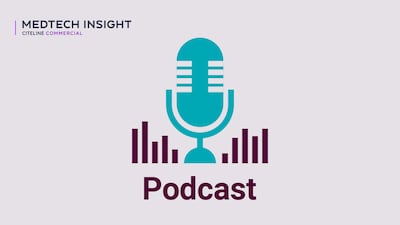Device maker gains PMA supplement approval for its Ion paclitaxel-eluting platinum-chromium and Taxus Liberte paclitaxel-eluting coronary stent systems to treat patients experiencing an acute myocardial infarction (AMI), Boston Scientific Corp. announced Feb. 22. They are now the only drug-eluting stent systems in the U.S. with an approved indication to treat heart attack patients, the firm claims. FDA’s approval relies principally on data from the 3,000-patient randomized HORIZONS-AMI trial, which found the drug-eluting stents to be superior to bare-metal for heart attacks. At one year after implant, 7.5% of the bare-metal stent patients needed a revascularization procedure to treat the stented lesion, while only 4.5% of the drug-eluting stent patients needed revascularization, a statistically significant difference of 41%. (See Also see "Boston Scientific Hopes New Data Will Expand Boundaries Of DES Population" - Medtech Insight, 20 October, 2008..) AMI is considered a special case for drug-eluting stents because of the challenge for physicians to ensure prior to the urgent treatment that patients will comply with the longer duration anti-platelet regimen required for recipients of the devices.
Boston Scientific’s Ion, pictured, along with the firm’s Liberte, are the first drug-eluting stents approved for heart attack patients in the U.S.
Read the full article – start your free trial today!
Join thousands of industry professionals who rely on Medtech Insight for daily insights
- Start your 7-day free trial
- Explore trusted news, analysis, and insights
- Access comprehensive global coverage
- Enjoy instant access – no credit card required
Already a subscriber?







